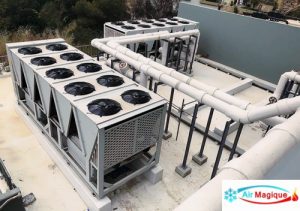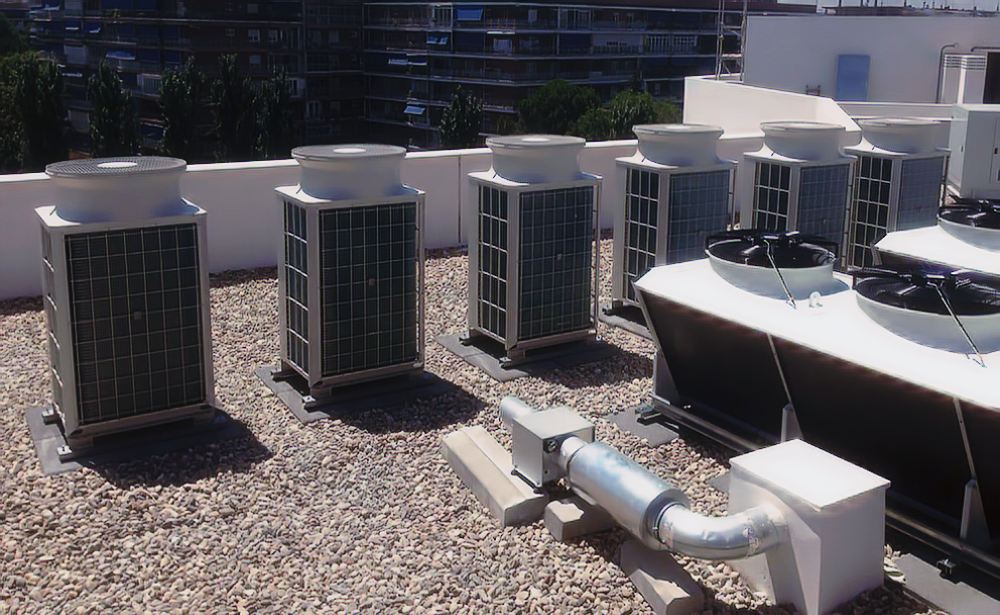Proper installation of an industrial air conditioner is crucial for optimal performance and long-term efficiency. Whether you’re setting up a new unit or replacing an existing one, considering key factors during the installation process ensures a successful and reliable cooling system. In this blog post, the essential factors to consider when installing an industrial air conditioner are discussed.
Before installing an industrial air conditioner, it’s essential to assess your specific cooling requirements. Consider factors such as the size and layout of the space, the heat load generated by machinery or processes, and any unique cooling needs. Conducting a thorough cooling load calculation helps determine the right capacity and type of industrial air conditioner required for efficient and effective cooling performance.
- Selecting the Appropriate Unit:
Choosing the right industrial air conditioner for your facility is crucial for optimal cooling. Consider factors such as the type of unit (such as rooftop, packaged, or split system), energy efficiency ratings, and compatibility with existing infrastructure. Select a unit that meets your cooling requirements, offers advanced features for energy savings, and aligns with your budget and long-term goals. Consult with HVAC professionals or industry experts to ensure the selection of an appropriate industrial air conditioner.
2.Proper Placement and Positioning
The placement and positioning of the industrial air conditioner play a significant role in its performance and efficiency. Consider factors such as accessibility for maintenance, ventilation requirements, and avoiding potential obstructions. Install the unit in a location that allows for optimal airflow, efficient heat dissipation, and easy access for future inspections and AC repairs. Following manufacturer guidelines and local building codes ensures proper placement and positioning.

3.Ductwork and Air Distribution
The design and installation of the ductwork system for an industrial air conditioner significantly impact its cooling efficiency. Ensure proper sizing and sealing of ducts to minimize air leaks and maximize airflow. Consider factors such as insulation, proper placement of registers and diffusers, and balancing air distribution to achieve consistent cooling throughout the space. Professional ductwork installation ensures optimal performance and energy efficiency.
4.Professional Installation and Compliance
Engaging experienced HVAC professionals for the installation of industrial air conditioners is crucial for a successful setup. Professionals have the necessary expertise, tools, and knowledge to ensure proper installation, compliance with safety regulations, and adherence to manufacturer guidelines. A professional air conditioner installation not only guarantees optimal performance but also protects your investment and ensures the warranty remains valid.


